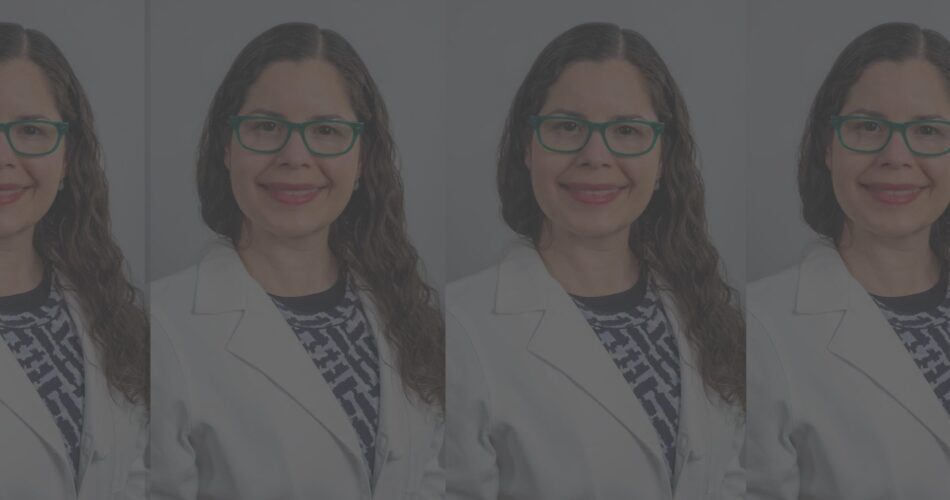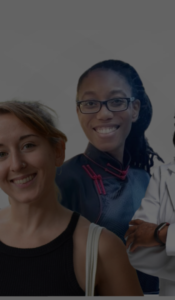“It’s important that every time we are in a situation that we might view as a challenge, we take it as a potential learning opportunity,” Chief of Pediatric Rehabilitation Medicine at UT Health Austin Pediatric Neurosciences Glendaliz Bosques said. “Learning about ourselves, or learning what we want to have as a vision moving forward.”
Throughout her education and career,.
READ ABOUTCARDIOLOGY & NEUROLOGY
Prior to entering the world of cognitive neuroscience, Rice University Associate Professor of Psychology Bryan Denny described himself as an “idealistic kid” who had a diverse array of interests in math, science and literature. Because of his passion for so many different subjects, he wasn’t sure what he wanted to do until he entered college at Stanford University in 2001.
“I didn’t know, before I went to college, all of the ways that you could make academic inquiry into topics around psychology,”.
One day, Cardiac Electrophysiologist Al Ahmad was preparing to perform a routine procedure on another doctor. He told his patient that it was just a straightforward, one-hour routine procedure, but the patient replied by reminding Al-Ahmad that a one-hour procedure for a doctor could be the most important hour of his life.
Al-Ahmad was significantly impacted by the doctor’s words, which drastically changed how he viewed his career. It was at this point that he realized his role.
As the first member of her family to attend and graduate college, University of Texas at Austin Professor of Psychology Audrey Duarte recalled a number of challenging instances during her career and education. Specifically, she felt the effects of Imposter Syndrome — the feeling of not being good enough to “deserve to be around certain people or at a certain place.”
In Duarte’s case, in spaces of higher education such as her graduate schooling, a major impetus behind the feeling was that there were.
Wind: 8mph NW
Humidity: 67%
Pressure: 29.75"Hg
UV index: 0
57°F
59°F
61°F
63°F









